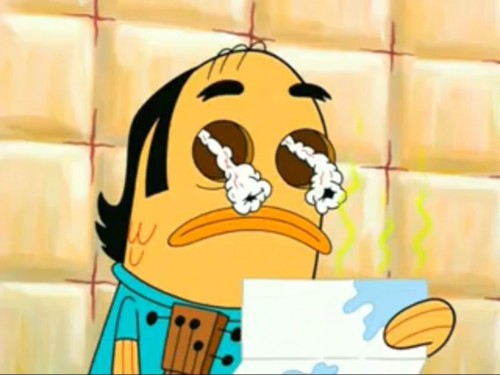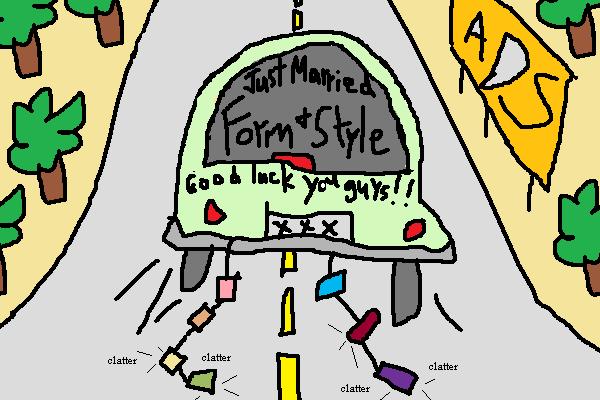Hi,
Phil Young and I have been asked to co-edit an anthology for Benu Press; its working title is Love Rise Up.
We both have been invested in the literary world for some time. I wrote and published a book of poems entitled Blind Date with Cavafy (Marsh Hawk Press, 2007) and a memoir entitled All Screwed Up (Benu Press, 2009); Phil has published in literary magazines such as Antioch Review.
The editor who commissioned this project asked that we focus on contemporary poets and poems that succeed on the following levels:
- The poem deals with social justice, not simply a social issue. In other words there has to be some action or suggestion of resistance or dealing with a social issue, not just having a social issue somewhere in the background.
- The poem offers an element of hope. This hope can be somewhat ambiguous, but at least some level of hope has to be detectable to the average reader. Think “Daybreak in Alabama” by Langston Hughes.
- The poem is an “accessible narrative or lyric that contains elements of genuine drama or comedy.”
4.) If the poem were a movie, it would have to receive somewhere between a G and PG-13 rating.
We would really like to include a poem of yours in Love Rise Up. If interested, please send us a poem(s) for us to look at as a Word document.
We’d happily look at new work or previously published. My co-editor and I are responsible for paying all fees, so I would appreciate a waiver, if at all possible.
Contributors will include Martin Espada, Denise Duhamel, Rigoberto Gonzalez, David Kirby, Sean Thomas Dougherty, Barbara Hamby, Cheryl Dumesnil, Aimee Nezhukumatathil, Fady Joudah, Rebecca Livingston, Alison Joseph, Laura Kasischke, Idra Novey, Eliot Khalil Wilson, Martha Collins, among others.
When the anthology appears (in Fall 2010, tentatively), all contributors will receive one copy. Please call 585-395-5040 or e-mail sfellner@brockport.edu and pyoung@brockport.edu if you have any questions.
If you know that you will be offering us something, we’d be indebted if you let us know by November 15.
Feel free to send this to anyone who you think may be interested. In fact, we’d be, once again, be so grateful if you did.
Thanks,
Steve and Phil




